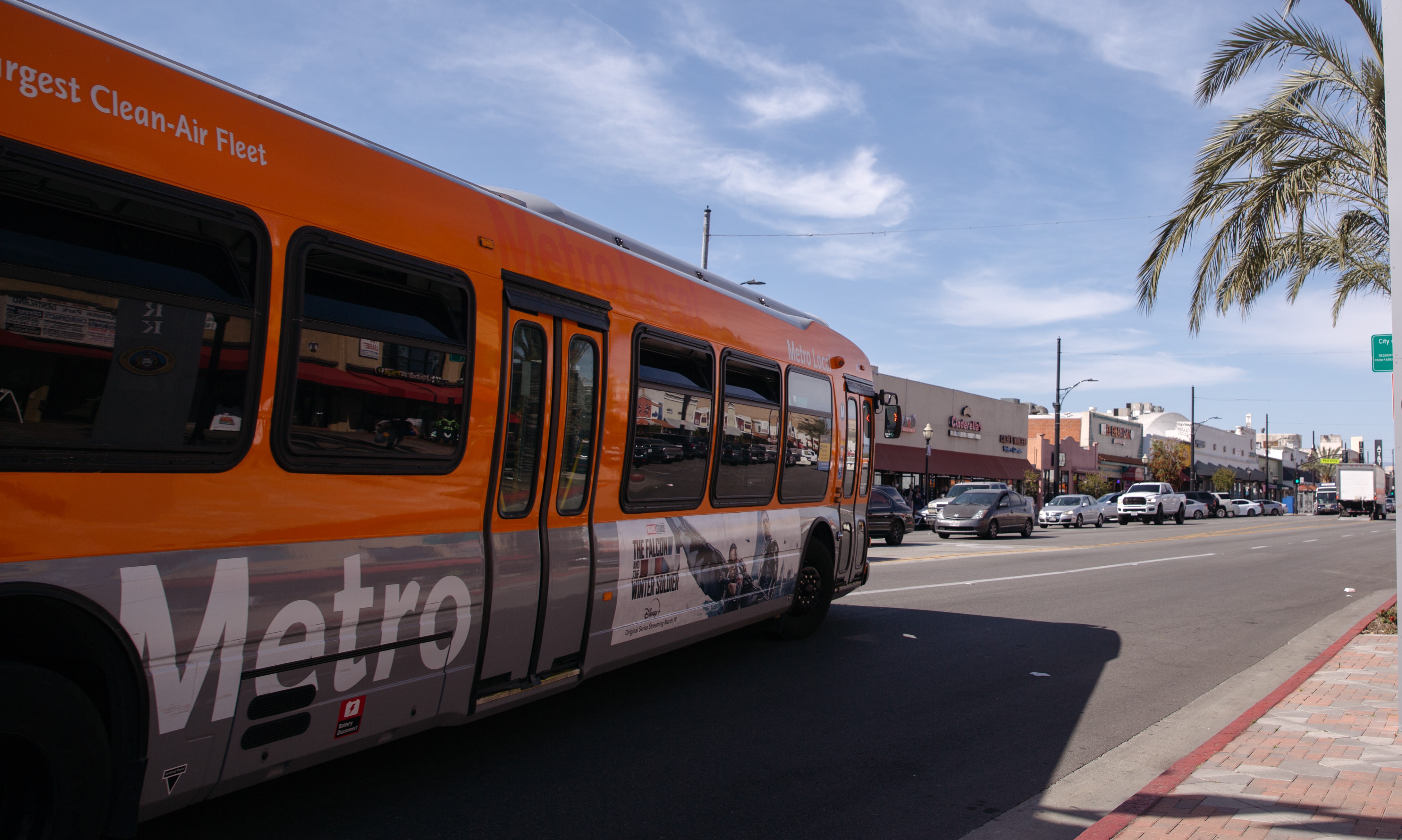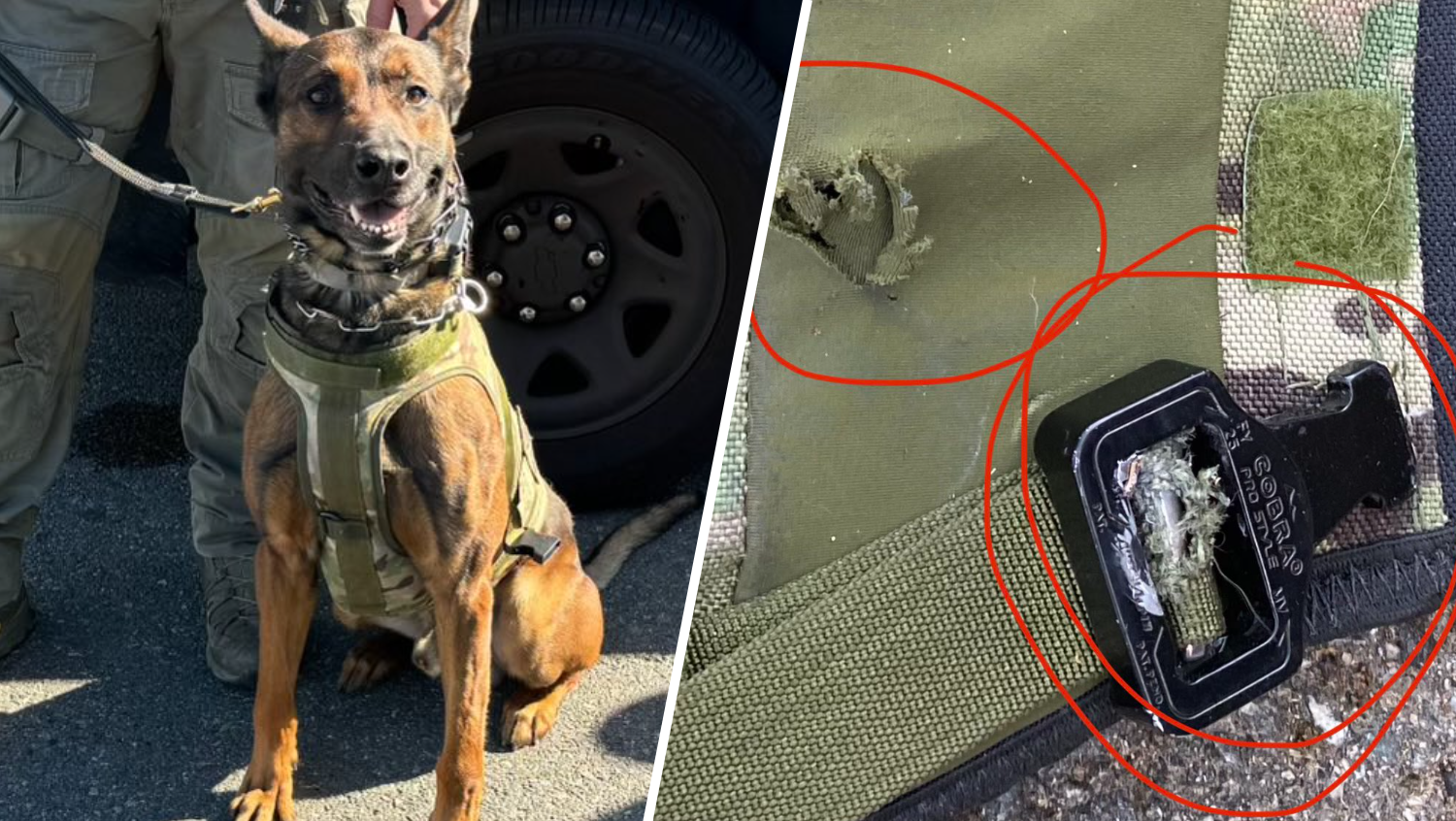Caltech scientists say Japan's early warning system worked properly during a massive magnitude-8.9 earthquake that sent a tidal wave through the Pacific on Friday.
"In Japan, they have had now for several years, an operating earthquake-alerting system or early warning system that tells individuals that an earthquake has begun to occur, and if you're at some distance from the earthquake, that's electronically transmitted to people," said Caltech professor of geophysics and civil engineering Tom Heaton on Friday.
Heaton says the system lets people know the approximate time the waves will reach their location and how big the waves will be.
One of his colleagues in Tokyo said "that the system worked, and they had approximately 30 seconds of advanced warning that the waves were on their way to Tokyo," Heaton said.
Caltech seismologist Lucy Jones says the quake caused a long fault at least 300 or 400 miles long.
"Jones said a friend who was in Tokyo for a tsunami planning meeting noted the shaking after the initial shock lasted for about five minutes," according to a statement from the U.S. Geological Survey.
In California, the tsunami advisories were issued for the entire West Coast.
Local
Get Los Angeles's latest local news on crime, entertainment, weather, schools, COVID, cost of living and more. Here's your go-to source for today's LA news.
"It's really stupid to go to the beach during a tsunami warning," said Jones. "These currents, even though we do get the water carried far inland, can cause a lot of damage. Historically, that's when some of the biggest losses happen. I've seen instances of huge container ships just being spun around in the harbor."
OC Sheriff's spokesman Jim Amormino said people should stay out of the water because the tsunami could produce a series of strong waves.



